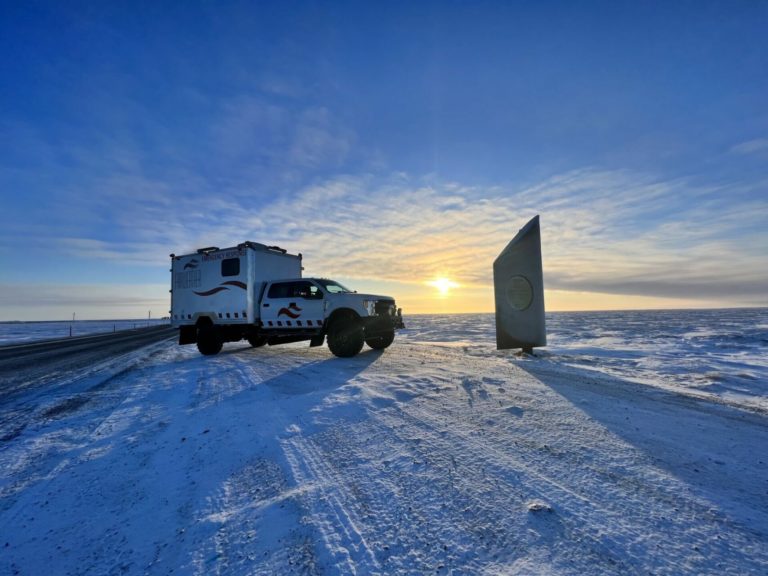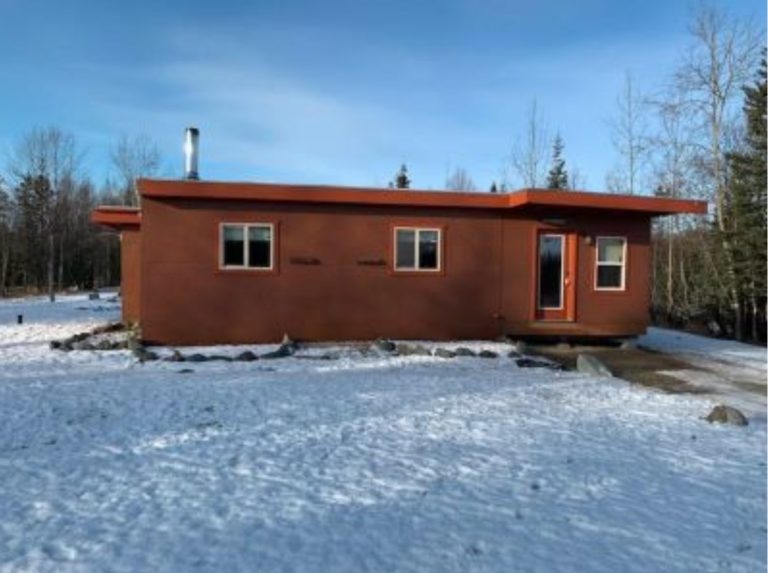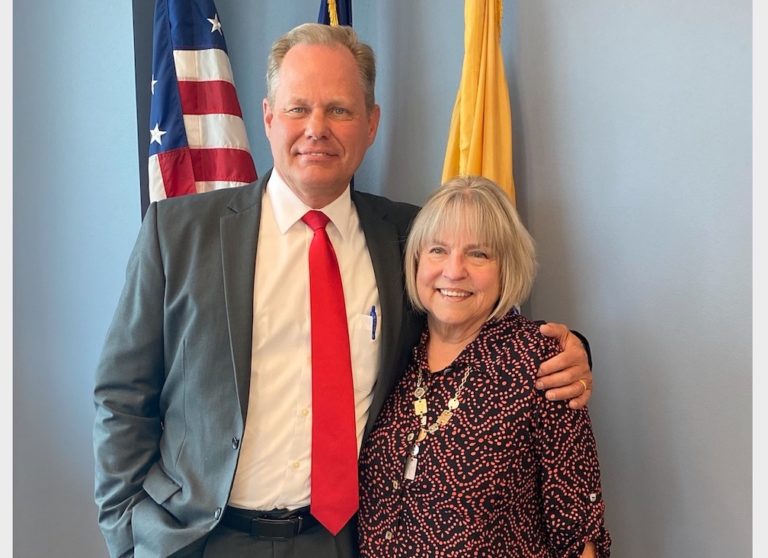The Internal Revenue Service will auction off several properties in Alaska this month that it seized from owners to satisfy nonpayment of federal taxes.
Among those properties are island tracts in Kachemak Bay, and road-accessible properties in Sterling, Valdez, Willow, and Wasilla.
Of note, six of the 14 properties around the country being auctioned off this month by the IRS are in Alaska. Only the two island properties are not accessible by road. No other state even comes close to that number of properties seized and auctioned.
The IRS will hold an auction for the island and Kenai Peninsula properties on May 18 at the Kenai Courthouse, 125 Trading Bay Road in Kenai.
The includes for 9.64 acres of land located on Hesketh Island in Kachemak Bay. The minimum bid starts at $146,250. The island itself is 1.2 miles long and is located on the southern shore of Kachemak Bay, 9.5 miles south of Homer and 8 miles northeast of Seldovia.
Also for sale on May 18 is 4.99 acres of land on Yukon Island in Kachemak Bay. The minimum bid starts at $93,750. Yukon Island is the largest island in Kachemak Bay and has its own springs and small streams. It is the home of the Yukon Island Center, an educational retreat center.
Two properties on the Kenai Peninsula re being auctioned at the same time: 7.13 acres at 34255 Sterling Highway in Sterling, has a minimum bid set at $42,675, and 9.31 acres at 33094 Sterling Highway has a minimum bid set at $119,925.
The IRS will also sell 18 acres in Valdez near the airport, at 505 Airport Road, on May 17. That auction takes place at the Palmer Courthouse, 435 S. Denali Street and has a minimum bid of $86,400.
Also on May 17, the IRS will auction off three Mat-Su properties, including on that has a cabin on it in Willow. The auction will also be held at the Palmer Courthouse. Those properties are:
15914 N Darrel Dr, Willow, AK 99654
Cabin on 1.24 acres, utilities on the property
Legal description: Lot 8 (Eight), Block 2 (two), Kelley Subdivision, according to the official plat thereof, recorded under Plat Number 76-71, in the Palmer Recording District, Third Judicial District, State of Alaska.
Minimum bid: $65,250
7531 W Scarlet Dr, Wasilla, AK 99623
0.96 acres of land
Legal description: Rainbow Park Estates, Block 4, Lot 23, according to Plat 1973-32, located in Palmer Recording District, Third Judicial District, State of Alaska.
Minimum bid: $15,000
7418 W Golden Dr, Wasilla, AK 99623
0.92 acres of land
Legal description: Rainbow Park Estates, Block 1, Lot 16, according to Plat 1973-32, located in Palmer Recording District, Third Judicial District, State of Alaska.
Minimum bid: $13,500
Before being permitted to bid at the sale, bidders must display to the IRS a certified check or cashier’s check of at least 10% of the amount of the bid payable to the United States District Court for the District of Alaska. The successful bidder must tender the balance of the purchase price at the office of the Internal Revenue Service within 60 days after the date the bid is accepted.
Bidders have the option to participate in-person at the live auction or by mailing in a bid on or before May 15, 2023.
All properties listed above are offered for sale “as is” and “where is” and without recourse against the United States. The government reserves the right to reject any and all bids and to withdraw the property from the sale.
For more information about the public sale, visit www.irsauctions.gov or contact IRS representative Brittanny Dipla at (805) 479-2552 or IRS, Attn: Brittanny Dipla, PALS, 225 W. Broadway, 2nd Floor, Glendale, CA 91204.








